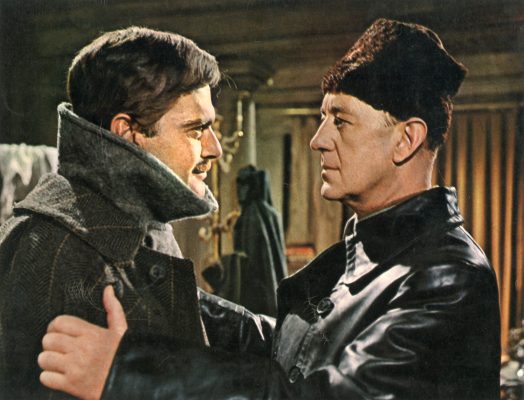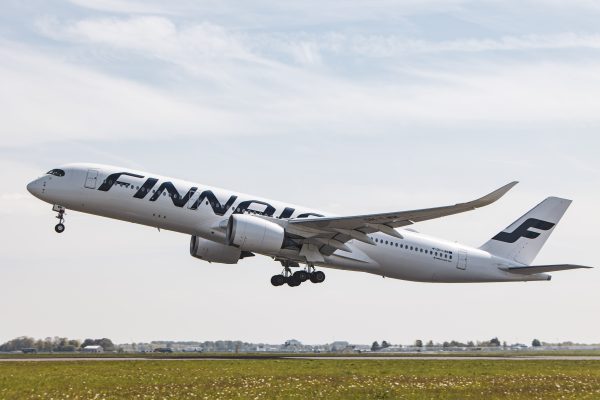The EU-China Summit next month will be a frigid affair. European Commission President Ursula von der Leyen and European Council President Charles Michel will be heading to Beijing shortly after von der Leyen delivered one of the most unsparing speeches about China ever made by a senior EU leader. On arrival, they will find it is winter in the northern capital.
Expectations are so low that one hesitates to depress them further, but one example of the intractable problems von der Leyen has been complaining about — the Chinese state’s high-level encouragement of a glut of cheap electric vehicles — seems to have escaped much of the business media in recent months. We’ll come to that in a minute.
The Chinese propaganda machine, busy with America and the Mideast, has been curiously muted since von der Leyen said on November 16 that China’s trade surplus with the EU, almost €400bn ($437bn) in 2022, is part of the largest global trade surpluses in history.
“This is the intentional result of China’s policies. China’s industrial policy today is not only creating much more competitive industrial players. Overcapacities in protected industries are flooding global markets and can undermine our industrial base,” she said.
The EU has singled out electric vehicles for a probe into unfair subsidies. “There is clear overcapacity in China, and this overcapacity will be exported. Especially if overcapacity is driven by direct and indirect subsidies,” she said.
Well, let’s hope she mentions this to President Xi Jinping before the delegation is shunted off to deal with Premier Li Qiang, an old crony of the Chinese boss since his days running an export powerhouse province back in the early years of this century.
That’s because Xi’s own family is directly involved in the drive to expand China’s electric vehicle industry and stands to profit from government handouts and political patronage in building new factories to churn out the vehicles.
The key figure is Daniel Foa, a Briton raised in Wimbledon and now married to the president’s niece, Hiu Ng, the daughter of his younger sister, Qi An’an. Conveniently, elite Chinese families use a multiplicity of names but all this is documented in corporate statements and public records.
Foa popped up last summer when a struggling American EV maker, Fisker, announced it was to open a distribution center in Shanghai. According to its own publicity, Fisker is “driven by a mission to create the world’s most emotional and sustainable electric vehicles.”
It has appointed Foa as its China board member, no doubt on the basis of his entrepreneurial talent. He has, in fact, been involved with a series of clean-energy ventures since moving to China in 2005 and then marrying into the country’s ruling clan.
“The same guy that used to hang out at dingy expat bars in Beijing now entertains CEOs and world leaders at the Great Hall of the People in Tiananmen Square,” said a profile in The Atlantic when his career first gained public attention in 2012.
The couple take a high profile when highlighting their philanthropic and charity work but rarely, if ever, acknowledge in public that China’s leader is her uncle.
So far, Fisker has been left in the dust by rivals like Elon Musk’s Tesla, which builds EVs in China in competition with a slew of domestic manufacturers. But Chinese leaders are a little cautious of the mercurial billionaire and — just like the EU — would like to de-risk just a bit via somebody they can trust. That’s where Foa comes in.
“There has been a rapid shift to electrification both from government policies and consumer behavior,” said Foa. “This presents a vast opportunity for Fisker in China.”
Fisker says its leadership team met officials and business leaders in Shanghai this year to discuss automotive supply chains, logistics, warehousing, and future production development. Typically, projects of this kind in China depend on permits, subsidies, and favorable tax conditions set by local Communist Party officials on orders from the top.
The carmaker’s chairman and CEO Henrik Fisker said: “I believe we can get production up and running in China as early as next year, potentially adding capacity of 75,000 Fisker Oceans annually.”
The Ocean is a boxy-looking SUV which the company describes as: “All-electric. Dynamic. Driver-centric.” The rest of its PR is long on Tesla-speak about feelings and the planet but the down-to-earth reality is hard geopolitical calculation by China. Whether it’s backing a winner is another question; in November its shares plunged to less than a tenth of their peak.)
Xi himself has ordered a pushback against the commission’s anti-subsidy probe into China’s carmakers. The Chinese ambassador to the EU, Fu Cong, calls the bloc’s overall policy “mind-boggling.”
The latest bulletin from China’s embassy in Brussels highlighted a statement from the Ministry of Commerce denouncing “discriminatory” and “unconventional” sampling results from the probe, adding that it only selected three local Chinese enterprises and excluded enterprises from EU member states that lead in terms of production and sales.
The president’s family connection to this major area of dispute will be no surprise to von der Leyen’s team, but it should reinforce their determination.
“China has increasingly resorted to trade coercion, boycotts of European goods, and export controls on critical raw materials,” she said.
“China pursues a global order that is Sino-centric and hierarchical. It pushes an agenda that downplays universal rules while championing the primacy of national interests. And this is opposed to our own interests and values.”
Veteran foreign correspondent Michael Sheridan is working on a biography of Xi Jinping, ‘The Red Emperor’, to be published by Headline Books, part of the Hachette group, in 2024. He is the author of ‘The Gate to China: A New History of the People’s Republic and Hong Kong’ (2021).
Europe’s Edge is CEPA’s online journal covering critical topics on the foreign policy docket across Europe and North America. All opinions are those of the author and do not necessarily represent the position or views of the institutions they represent or the Center for European Policy Analysis.





